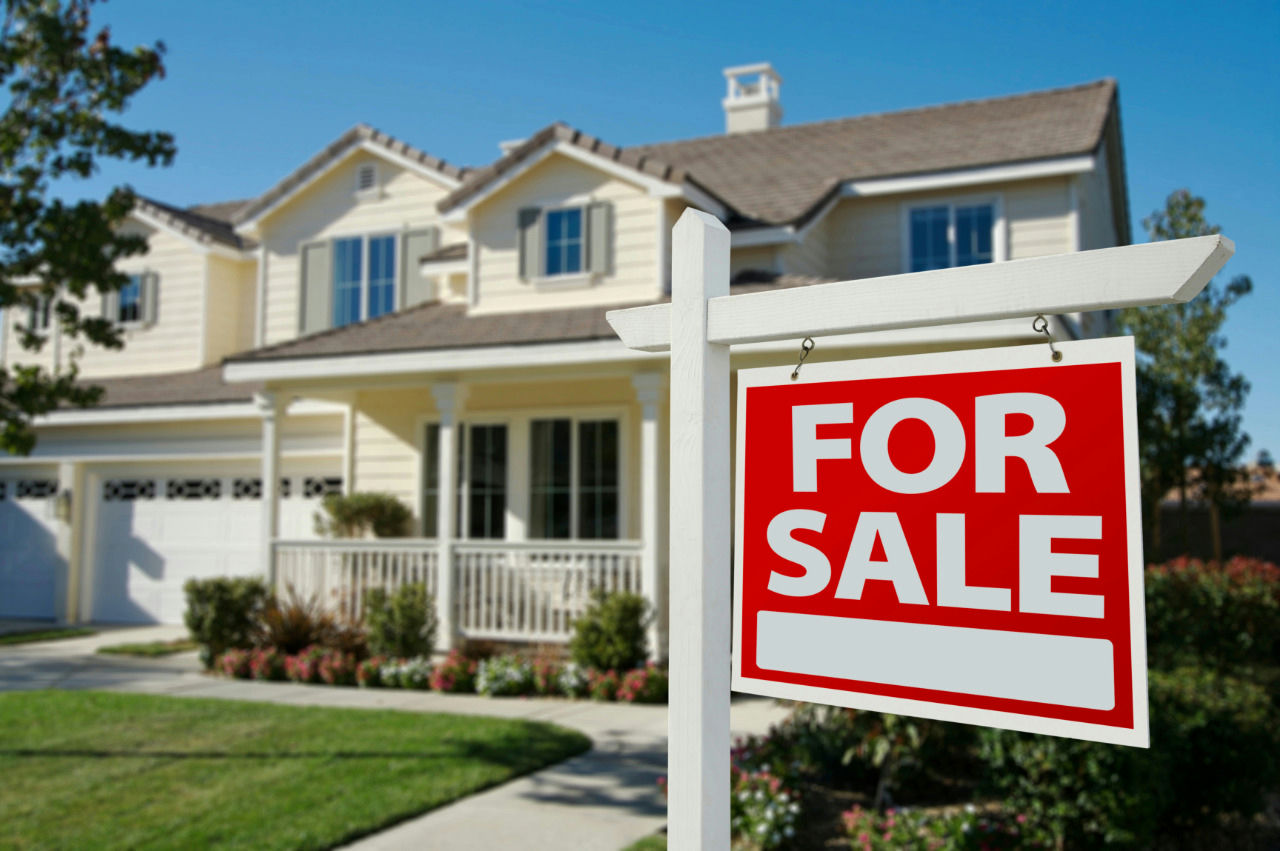Homeownership is often hailed as a crucial milestone in an individual’s life. It’s frequently perceived as a hallmark of success and security, a clear sign of personal financial stability, and an integral component of the proverbial ‘American Dream’. This vision holds true across the globe, as people in many societies see homeownership as a definitive indicator of prosperity.
One of the reasons homeownership is so desirable is because of the wealth-building opportunities it presents. The most notable of these are equity and stability. This comprehensive article will delve into these core benefits of homeownership, exploring how they work and why they are so impactful.
Understanding Equity in Homeownership
Equity is a term that is often thrown around in financial and property circles, but what exactly does it mean? In the context of homeownership, equity refers to the percentage of the home that the owner truly owns outright. It’s the current market value of a property minus the remaining mortgage balance.
Building Equity through Mortgage Payments
When you purchase a home using a mortgage loan, your initial payments are largely focused on the interest of the loan. However, each payment also contributes a small portion towards the principal — the actual amount you borrowed. As you continue to make regular mortgage payments, the balance starts to shift. Over time, more of your payments are applied towards the principal, hence building equity in your home. This is known as the process of loan amortization.
To delve deeper into the subject, it’s important to understand the two main components of your regular mortgage payment:
- Principal: This is the initial amount of money that you borrowed to buy the home.
- Interest: This is the cost of borrowing the money, paid to the lender.
In the early years of the mortgage, the majority of your monthly payment goes towards the interest. As you pay down the principal, the amount of interest you owe each month decreases, and subsequently, a larger portion of your payments goes towards the principal. This is known as an amortizing loan.
For instance, suppose you took out a $200,000 loan with a fixed interest rate of 4% for a term of 30 years. In the first year, a large portion of your monthly payments would go towards interest. However, by the 30th year, most of your monthly payment would be directed towards the principal.
To illustrate with actual numbers, your first monthly payment would be about $955, with around $667 going towards interest and only about $288 towards the principal. However, by the time you get to the final year of your mortgage, the tables would have turned considerably. In the last year, your monthly payment would still be about $955, but the interest component would have dropped to about $12, with a whopping $943 going towards the principal.
This example clearly demonstrates how, over time, homeownership allows you to build equity in your property. Each mortgage payment you make is akin to a form of savings, as it increases your ownership stake in the home.
Building equity through mortgage payments is one of the primary financial benefits of homeownership. It provides you with a tangible asset that can be leveraged for other financial goals, such as investing in a business, financing a child’s education, or funding retirement. Moreover, it offers a sense of accomplishment and security, knowing that with each mortgage payment, you’re progressively owning more of your home.
Home Equity through Property Appreciation
While making regular mortgage payments is one way of building equity in your home, another major contributor to growing equity is property appreciation. Real estate, unlike many other assets, tends to increase in value over time. This characteristic of real estate investment is due to several factors that we will further explore in this section.
Property appreciation is the increase in a home’s value over time. Various factors, including market conditions, neighborhood growth, inflation, and improvements to the property, can cause your home’s value to rise.
Market Conditions
The real estate market, like any other financial market, is subject to the forces of supply and demand. When the demand for homes exceeds the supply, prices will naturally rise, leading to property appreciation. This is often the case in popular urban areas or burgeoning suburbs, where many people want to live but there’s limited available housing.
Neighborhood Growth and Development
The growth and development of the neighborhood where your home is located can have a significant impact on property appreciation. For instance, the addition of new amenities like schools, parks, shopping centers, or transportation hubs can make the area more desirable, leading to an increase in home values.
Similarly, ongoing development projects and urban planning initiatives can significantly impact property values. If your home is in an area targeted for such projects, you may see an increase in your home’s value and, consequently, your home equity.
Inflation
Inflation is another factor that contributes to property appreciation. As the overall cost of goods and services increases due to inflation, so does the value of real estate. This is why, even in economies experiencing moderate inflation, homeowners often see their property values and home equity rise over time.
Home Improvements
Improvements to the home can also lead to an increase in its value. Renovating a kitchen, adding a bathroom, or installing energy-efficient systems are examples of improvements that can boost a home’s appeal and, as a result, its market value. However, it’s important to note that not all improvements will lead to a dollar-for-dollar increase in home value, so it’s wise to research and carefully consider home improvement projects.
While property appreciation isn’t always a guarantee and there can be periods of property value depreciation, history shows us that, on average, homes tend to increase in value over the long term. As such, homeowners often build significant equity in their homes without having to do anything more than make their regular mortgage payments.
In conclusion, property appreciation serves as a powerful tool for homeowners to increase their home equity. It functions as a passive way to build wealth, often requiring no effort from the homeowner beyond regular maintenance. Combined with regular mortgage payments, property appreciation can rapidly increase a homeowner’s equity over time, offering significant financial benefits and stability.
Promoting Stability through Homeownership
Beyond the financial benefits, homeownership also serves as a pillar of stability. This stability is multi-faceted, encompassing predictable costs, community ties, and control over your living environment.
Predictable Costs
One significant advantage homeownership has over renting is the predictability of costs. If you have a fixed-rate mortgage, your monthly payment is locked in for the term of the loan. This stability stands in stark contrast to the world of renting, where landlords can increase rents annually, leading to financial unpredictability.
In a homeownership setting, even when other costs such as maintenance or property taxes increase, your most significant housing expense, the mortgage payment, remains unchanged. This financial predictability facilitates budgeting, helping homeowners to plan better and avoid unexpected financial strains.
Community Ties
Owning a home also means being part of a community for an extended period, fostering deeper connections with neighbors and local organizations. It’s common for homeowners to be more involved in community initiatives, local politics, and social events. This sense of belonging can enhance personal well-being, provide a support network, and increase civic engagement.
Moreover, studies have shown that neighborhoods with high homeownership rates often have lower crime rates, better educational outcomes, and improved health metrics. These factors further accentuate the stability that homeownership can bring, not only to individual homeowners but also to the wider community.
Control over Living Environment
Another facet of stability that homeownership offers is the control it affords you over your living environment. Unlike renters who are subject to the whims of landlords, homeowners can make modifications to their properties to suit their tastes, needs, or evolving life circumstances. Whether it’s painting walls, remodeling kitchens, or creating a home office, homeowners have the liberty to shape their environment.
This level of control extends to other aspects of living, too. For example, homeowners need not worry about leases ending or landlords selling their properties, scenarios that can force renters to move unexpectedly. This permanence can have profound effects on one’s emotional stability and overall life satisfaction.
Wrapping Up
In conclusion, homeownership, while requiring a considerable financial commitment, presents significant benefits that go beyond having a roof over one’s head. It is a form of investment, providing homeowners with the opportunity to build equity and potentially gain significant returns over time. More than that, it promotes stability, offering financial predictability, deeper community ties, and control over one’s living environment.
However, it’s essential to remember that while homeownership brings many benefits, it also comes with risks and responsibilities. These include maintenance costs, property taxes, and the potential for property value depreciation. Therefore, prospective homeowners should carefully assess their financial situation, consider their long-term plans, and ideally consult with financial advisors before jumping onto the property ladder.
Despite the complexities and challenges, homeownership remains a worthy pursuit for many. With careful planning and prudent decision-making, it can be a stepping stone to a stable and prosperous financial future.









